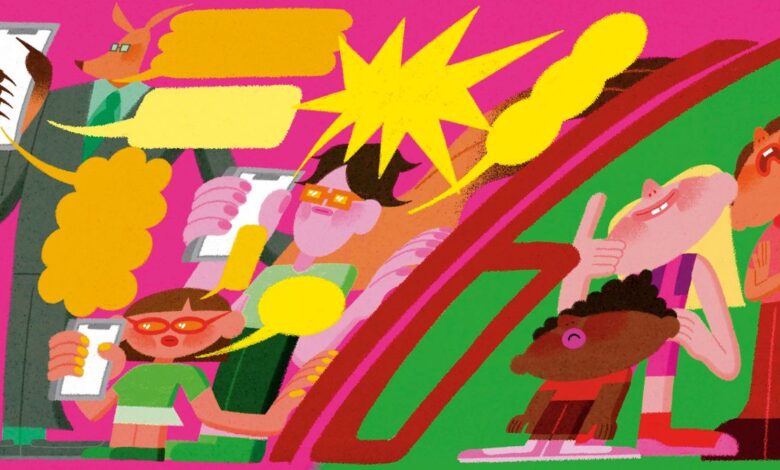Life Without Social Media for Australian Tweens

▼ Summary
– Australia’s Social Media Minimum Age Bill, effective December 10, 2024, bans users under 16 from platforms like Instagram and TikTok.
– Growing global concern about social media’s negative impact on teens has led to legislative efforts, but Australia is the first country to enact a nationwide ban.
– The ban was fast-tracked after South Australia premier Peter Malinauskas, influenced by his wife, proposed legislation that gained widespread support.
– While 77% of Australians support the ban, tech companies and some teens oppose it, citing concerns about lost connections and community spaces.
– Australian regulators argue the ban allows parents to teach digital literacy before teens engage with social media, shifting accountability to tech companies for age verification.
Australia is taking a bold step to protect its youth by implementing the world’s first nationwide ban on social media for users under 16. Starting December 10, platforms like Instagram, TikTok, and YouTube will be off-limits to Australian tweens, marking a significant shift in how the country approaches digital safety for minors.
The move comes amid growing global concern about social media’s impact on young minds. Studies show nearly half of U.S. teens believe these platforms harm their peers, with parents expressing even stronger reservations. While some American states have introduced age restrictions, Australia has gone further, enacting sweeping legislation with overwhelming public support.
The ban gained momentum after Annabel West, a lawyer and mother, urged her husband, South Australia’s premier, to act after reading The Anxious Generation by Jonathan Haidt. What began as a state proposal quickly became national policy, backed by 77% of Australians. Prime Minister Anthony Albanese summed up the sentiment: “Parents want their kids off their phones and on the footy field. So do I.”
Not everyone is cheering. Tech companies face hefty fines if they fail to enforce the rules, and some teens argue the ban cuts off vital spaces for connection. Elena Mitrevska, an 18-year-old Melbourne resident and member of Australia’s eSafety Youth Council, acknowledges social media’s risks but questions the approach. “Removing entire online spaces feels disingenuous,” she says. “We should address specific issues like addictive design instead of pretending they don’t exist.”
Regulators, however, stand firm. The eSafety Commissioner, Julie Inman Grant, emphasizes the law’s goal: buying time for parents to teach digital literacy before teens dive into the deep end. “This isn’t a cure-all, but it adds much-needed friction to a system that’s been unchecked,” she explains. By shifting responsibility to platforms for age verification, Australia hopes to foster healthier online habits while safeguarding mental health.
As the December deadline approaches, the world watches to see whether this experiment will become a model, or a cautionary tale. For now, Australian tweens are preparing for life without likes, snaps, or scrolls, whether they like it or not.
(Source: Wired)




